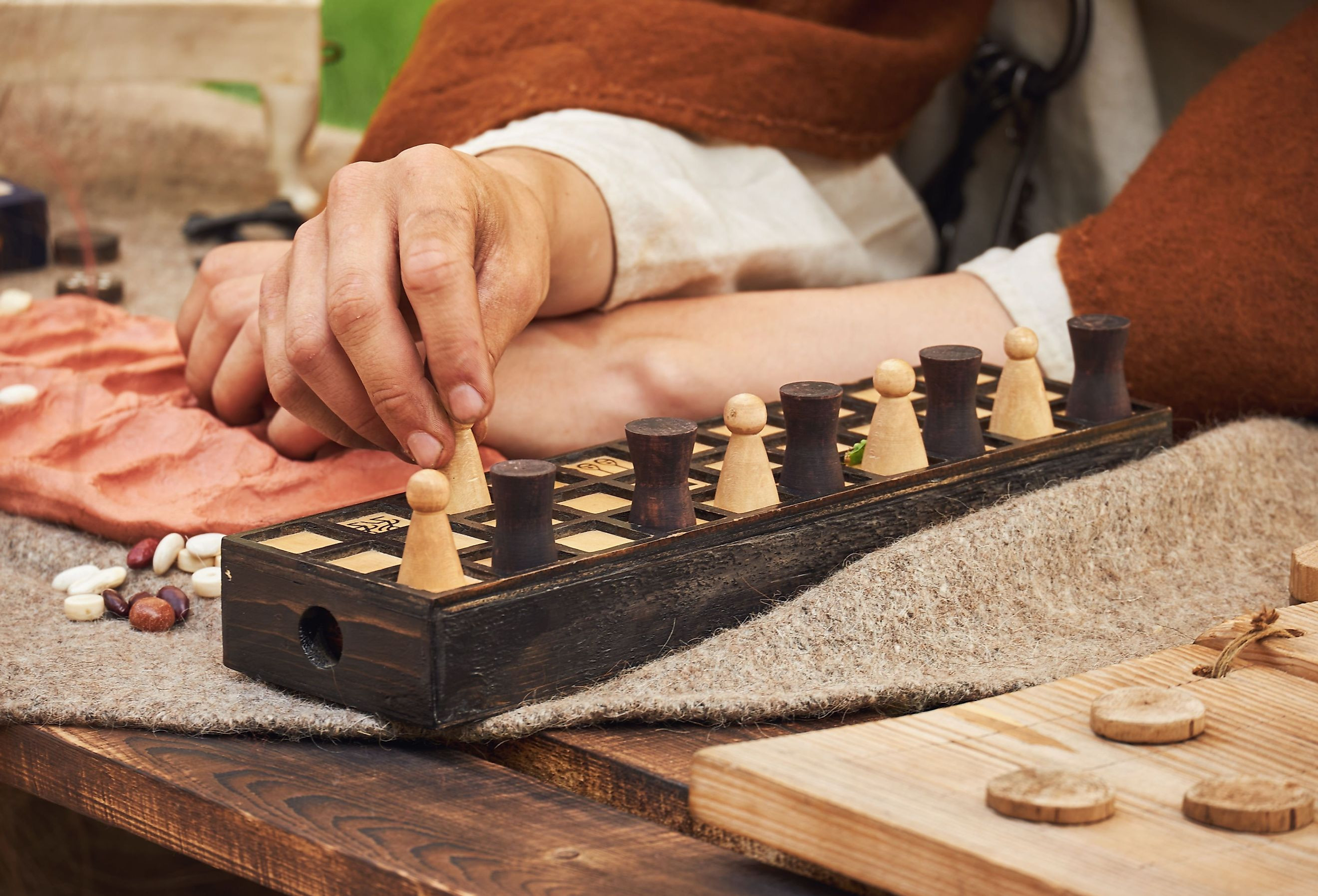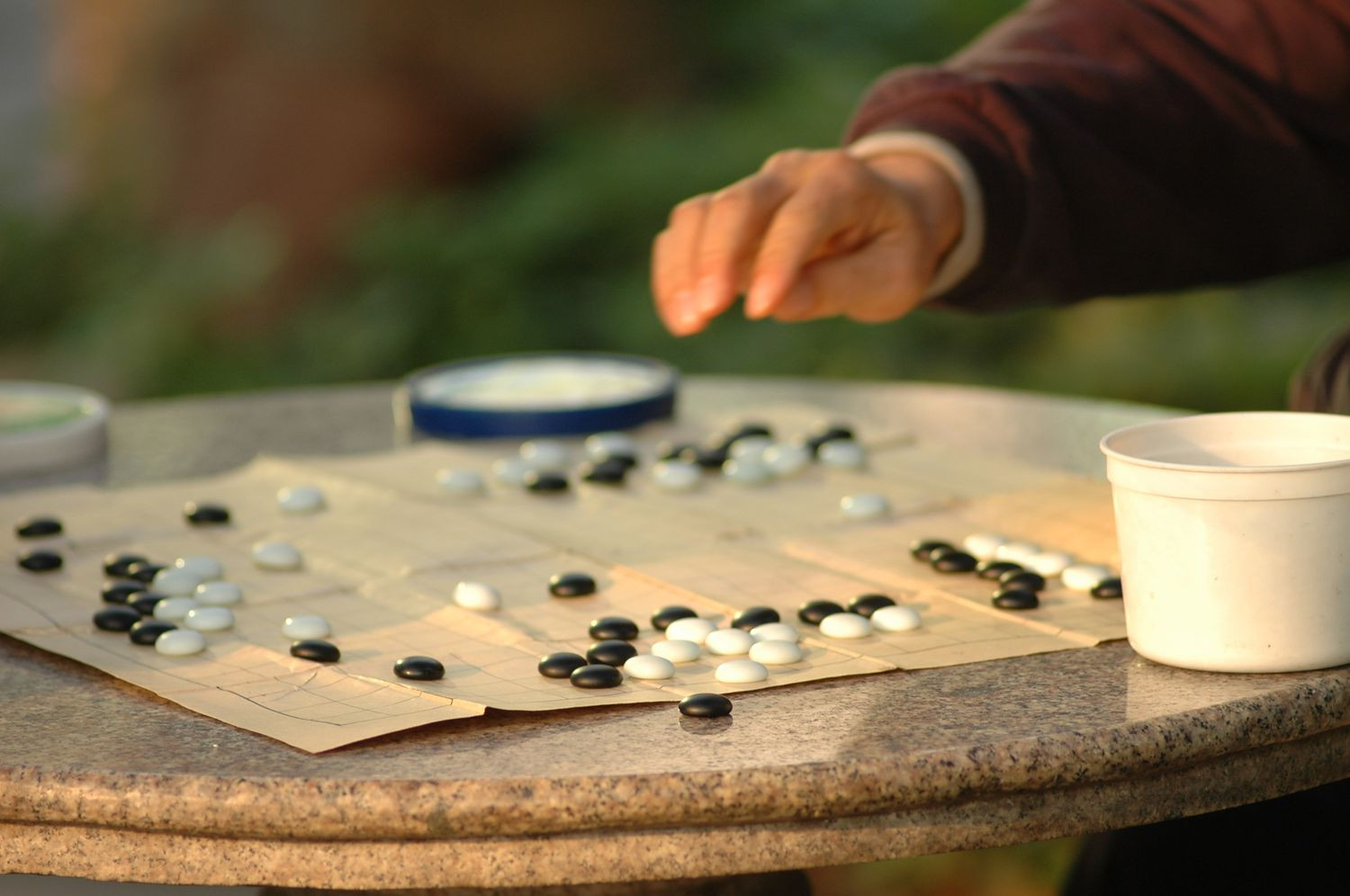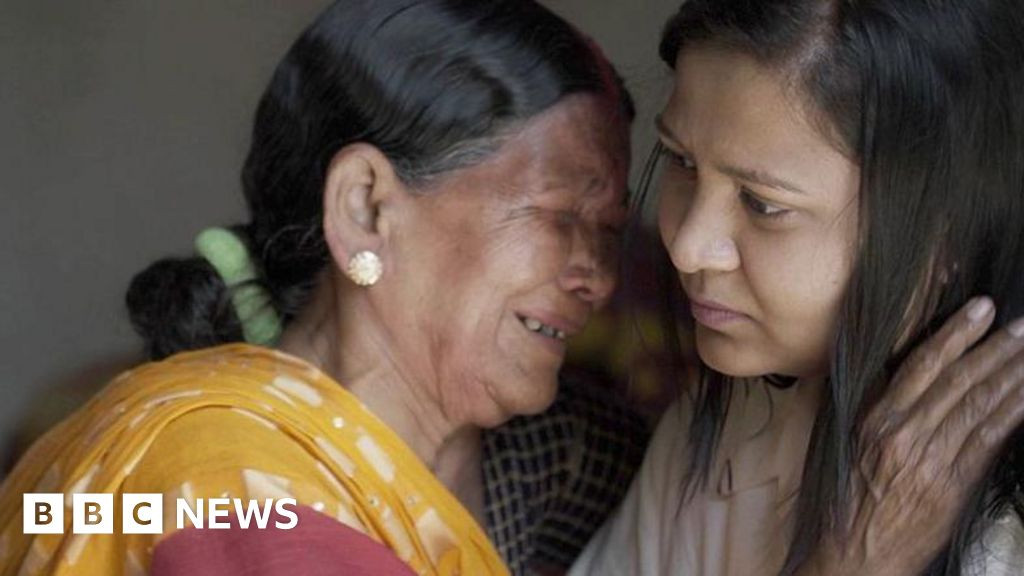The discovery of artifacts associated with an ancient board game is offering clues about how humans interacted thousands of years ago. At various sites on the Abşeron Peninsula and Gobustan Reserve in Azerbaijan, archaeologists have found six designs carved into the surfaces of rocks. Dating to around 2000 BCE, they each resemble the hallmark pattern on which the ancient board game Hounds and Jackals is based. This is contemporaneous with the previous oldest example of the game ever found, hailing from the tomb of a government official of ancient Egypt.
The locations challenge the presumed origins of the game, also known as Fifty-Eight Holes, say archaeologists Walter Crist of Leiden University in the Netherlands and Rahman Abdullayev of the Minnesota Historical Society. It could have emerged in south-western Asia, rather than Egypt, as experts had previously supposed.
But, wherever it emerged, the discovery highlights something very important about board games: they are an excellent way to forge social bonds, across not just distance, but social class: the Azerbaijan artifacts were likely used by cattle herders.
"At certain times in antiquity, particular games were regionally popular, suggesting that they helped to connect cultures that regularly interacted with one another," Crist and Abdullayev write in their paper.
"The game of Fifty-Eight Holes probably served this purpose in the second millennium BCE in Egypt and south-western Asia, because it was the only game that was played throughout the region."
The history of board games goes back thousands of years, and appears to be widespread. At some point, someone must have been the first to have scrawled a pattern in the dust and joined with fellow humans in a game of something. We can't know what that something is, but we can piece together an incomplete history based on the artifacts of board games left behind, from dice to pieces to the boards themselves.
Hounds and Jackals – named for an example of the game where the pieces had hound and jackal heads – is what is known as a race game, where two players move pieces around a track in an attempt to be the first to reach the end, like Snakes and Ladders, or Ludo. It has 58 holes in a specific pattern, and the pieces – five hounds and five jackals – are placed in new holes as the players move around the board. Presumably the player who gets all their pieces to the end first wins.
To date, around 70 gameboards for Hounds and Jackals have been discovered, many in Egypt. These include the oldest dated example, which was found in a tomb at El-Assasif dated some time between 2064 and 1952 BCE. From this, the assumption was that the game had originated in Egypt and spread from there.
Crist and Abdullayev discovered their six 'board' designs at various sites across Azerbaijan: three were found at Ağdaşdüzü, and one each at Çapmalı, Yenı Türkan, and Dübəndi. They consisted of carvings in rocks, where the holes have been picked out. Dating them is a bit challenging, but the use of these sites and the other artifacts within them give a rough timeframe: while the Ağdaşdüzü boards are dated to the second millennium BCE, the other three are from between the second half of the third millennium BCE and the first half of the second.
This means that they are roughly contemporaneous with the El-Assasif board, and may even predate it. However, even if the boards are from around the same time, the simultaneous appearance suggests that Egypt may not have been the birthplace of Hounds and Jackals, after all.
And the locations of the Azerbaijan finds suggest that the game was enjoyed across the social spectrum. In Çapmalı the game board was found in a cave that was used as a winter shelter by cattle herders, while in Yeni Türkan and Dübəndi, the games were found in tombs of the wealthy. The wide geographical spread, and range of social contexts in which the game has been found, suggests that Hounds and Jackals was a powerful tool for making connections, forging friendships, and assessing trustworthiness between people.
"Whatever the origin of the game of Fifty-Eight Holes, it was quickly adopted and played by a wide variety of people, from the nobility of Middle Kingdom Egypt to the cattle herders of the Caucasus, and from the Old Assyrian traders in Anatolia to the workers who built Middle Kingdom pyramids," the researchers write.
"The fast spread of this game attests to the ability of games to act as social lubricants, facilitating interactions across social boundaries."
And that's as true now as it was then.
The Game's Similarities to a Modern Favorite
Hounds & Jackals is an ancient board game believed to have originated in Egypt. It is a race game where two players compete to move their pieces (pegs) from a starting point to a goal. Historians and archaeologists have reconstructed possible basic rules based on similar ancient games and the design of the board.
The goal of Hounds & Jackals is for each player to move their five pegs from the start to the finish (marked by holes) on their side of the board, avoiding obstacles and using strategy to outmanoeuvre the opponent.
Believed to be a two-player game, each has five pieces (pegs), which are often shaped like hounds (dogs) and jackals (foxes).
The players each control a set of pieces of one shape (e.g., one player controls all hounds, the other all jackals).
Players take turns rolling dice, sticks, or another ancient form of random number generation (like throwing knucklebones).
Each turn, a player moves one of their pieces forward along the track by the number indicated by the roll.
Certain holes on the board may be marked with symbols (such as palm trees or circles) that act as safe zones, giving the player a bonus, or causing some kind of setback, like forcing the piece back or skipping a turn.
A player’s piece landing in a special hole might also allow another bonus move or protection from being captured.
The first player to get all their pieces from the starting hole to the goal wins the game.
The ancient game Hounds & Jackals shares several core similarities to the modern Indian game 58 Holes. Both are part of the broader family of race games, with the primary objective being to move pieces along a track of holes to reach the finish line first.
Both games have a significant resemblance in the number of holes and the way pieces are moved, with Hounds & Jackals typically featuring 58 holes.
Both games involve rolling dice or another randomizing tool to determine how far pieces can move, and the use of special spaces that offer bonuses or protection.
These similarities, along with the newly found evidence in Azerbaijan, have made scholars reassess the possible origin and evolution of these games, and how they spread across different cultures and regions.
The Game's Continued Influence
The discovery of the ancient board game in Azerbaijan not only challenges the previously held belief about its origins, but it also highlights the enduring power of games to connect people across cultures, time periods, and social boundaries. The game's popularity, as evident in the numerous examples found across different regions, suggests that it served as a means of communication, fostering social interaction and even influencing the development of other games.
The game of Hounds & Jackals, despite its age, continues to resonate with people, serving as a reminder of our shared human experience. The game's mechanics, its rules, and its strategic elements have transcended time and geographical boundaries, finding a place in different cultures and evolving into new forms. The game's legacy lives on, and its journey across time and cultures provides valuable insights into the history of human interaction and the role of games in our social lives.
The research has been published in the European Journal of Archaeology.


















